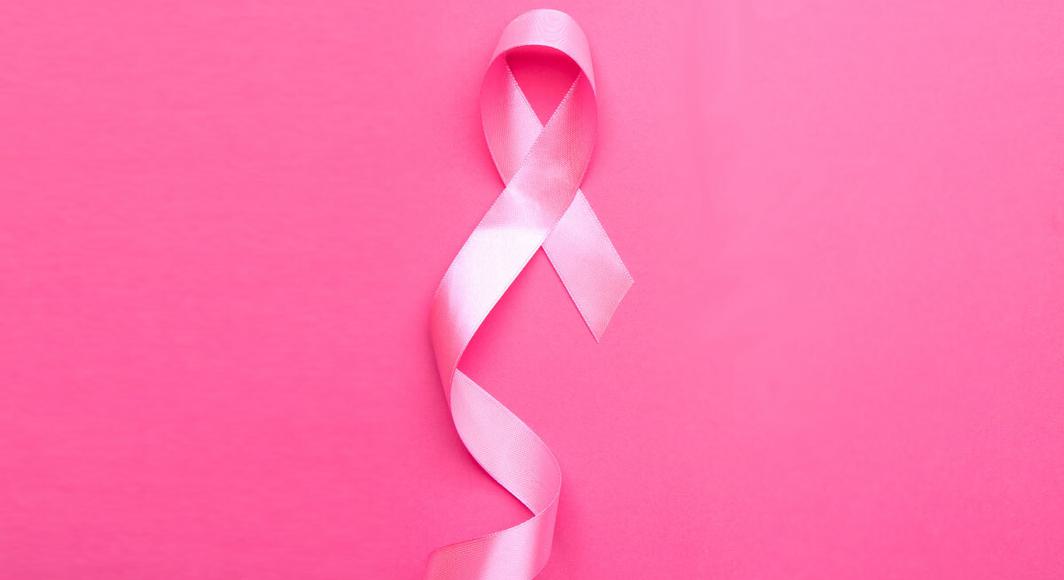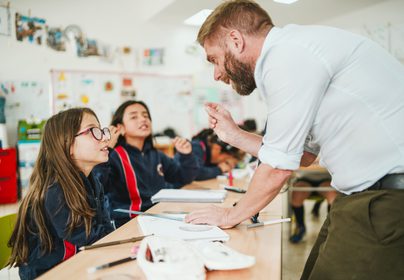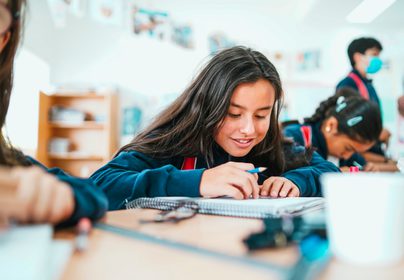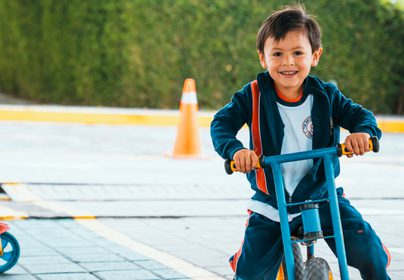Breast cancer is a journey that touches millions of lives around the world, affecting people across cultures, backgrounds, and lifestyles. It is the most common form of cancer among women globally and, sadly, remains the leading cause of cancer-related death in women. Each diagnosis brings not only medical challenges but also emotional and social ones. Those facing breast cancer endure not just for themselves, but also for their families, partners, children, and friends. This disease impacts everyone connected to the person diagnosed, weaving its way into the fabric of their shared lives and reminding us of the importance of awareness and support.
Despite the heartbreaking toll breast cancer takes, there is reason for hope. Medical advancements have made significant strides in the detection and treatment of breast cancer, leading to much higher survival rates today than in past decades. Innovative therapies, personalized treatments, and better support systems have improved outcomes for many. But as promising as these advances are, early detection remains our most powerful tool. Catching breast cancer in its initial stages often means more treatment options and a better chance at a full recovery. For this reason, awareness and education around early detection are crucial for everyone, regardless of age or gender.
Breast cancer can happen to anyone. While many believe that a family history of breast cancer is the primary risk factor, this actually accounts for only 5 to 10% of cases. This means that up to 95% of breast cancer diagnoses occur in people with no familial link to the disease. Breast cancer doesn’t discriminate—it affects women and men of all ages, ethnicities, and lifestyles. This is a stark reminder that anyone could be at risk, underscoring the importance of self-awareness and routine screening for everyone.
Yes, breast cancer affects men too, though it’s rare. Around 0.5 to 1% of all breast cancer cases are found in men. This may seem small, but it represents thousands of individuals each year who face the same challenges as women with breast cancer. For men, this diagnosis often comes with unique difficulties, as awareness is lower, and there can be a stigma attached to what is often viewed as a “woman’s disease.” Raising awareness about male breast cancer is essential, as early detection can save lives regardless of gender. Breast cancer doesn’t recognize societal labels, which is why everyone needs to be informed.
Self-examination is one of the most effective ways to spot early warning signs of breast cancer. Many women and men have saved their lives by familiarizing themselves with their own bodies, making it easier to notice changes and seek medical advice when something doesn’t seem right. Self-exams, alongside regular screenings and professional checkups, can detect breast cancer early. These practices empower individuals to take control of their health and make informed decisions. Whether you’re young or old, male or female, self-examination is a habit that can make all the difference.
At The British School Quito, we are committed to supporting those affected by breast cancer. We stand with every person diagnosed and every family impacted, showing solidarity and compassion. We want those battling breast cancer to know that they are not alone and that a diagnosis is not the end. To all who face breast cancer: your strength, courage, and resilience inspire us, and we join you in this fight. Ourcommunity stands united, honoring survivors and remembering those who have passed. Together, we work toward a future where breast cancer no longer holds such power over lives.
Written by Dr. Elizabeth Mbata
School and Occupational doctor,
The British School Quito




